‘We don’t give in to terror’
Shira Ish-Ran was 30 weeks pregnant when she became the victim of a terror attack in the West Bank. Her baby was delivered by emergency caesarean, but passed away just days later.
THERE should have been a baby crawling around this house over the chagim. But terror changed everything, and he is in a tiny grave.
The bereaved parents were here. They are still reeling from the West Bank terror attack that pierced their bodies with bullets and snatched their son’s life. While other young couples went hiking on Succot, they dedicated an ambulance in memory of their firstborn.
Liora Silberstein tears up several times during our long conversation in her living room. Since making aliyah from Sydney almost 30 years ago, she has raised seven children – and Amiad Yisrael would have been her first grandchild. He would have been the first great-grandchild for Silberstein’s parents Ilana and Leo Dubb, who moved from Sydney to Jerusalem five years ago.
“My life will never be the same again,” Silberstein said.
“There is pre-terror attack and post-attack.”
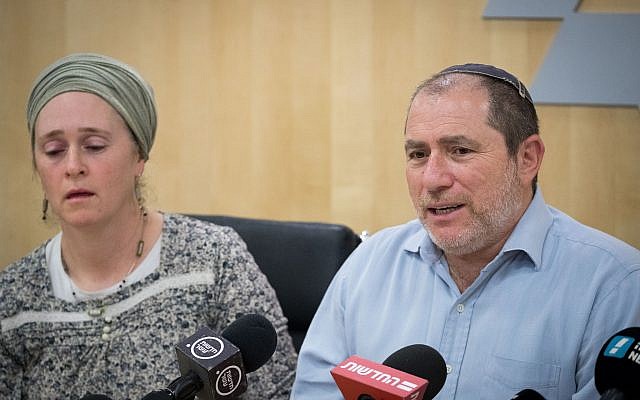
For her daughter Shira and son-in-law Amichai Ish-Ran, “now is the stage of real difficulty, as the physical is on the mend but their emotional state has to undergo rehabilitation.”
The attack took place in December and the anniversary is approaching, but noises still startle them and recovery from trauma is a long road.
When the two newlyweds were shot, for 72 hours Israel was gripped with concern for the condition of their baby, who was delivered at 30 weeks by emergency caesarean section. Silberstein has now spoken to The AJN about the heartbreaking conversations with her daughter in the final hours of his three-day life.
“I definitely didn’t think I would have to do these things as a mother,” she said.
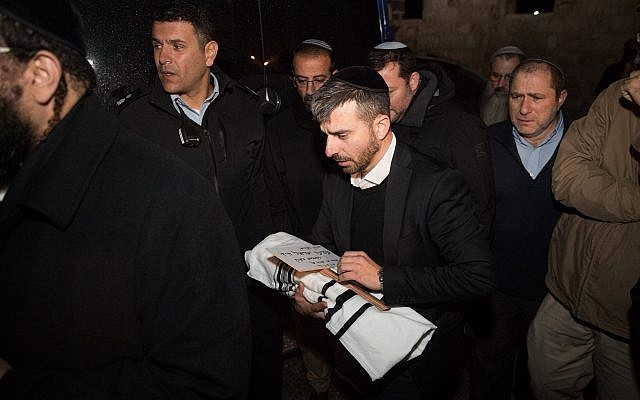
Initially, it was not just the baby’s life that was in serious danger but also Shira’s. She was unconscious during the c-section, and doctors told all relatives that when she came around, they should give a vague answer about the baby’s health. Shira wasn’t buying it, and sent everyone apart from her mum out of the room.
“She said: ‘I want you to tell me the truth,'” Silberstein recalled. “Was I going to go with what people were telling me to say or what I thought intuitively was right? I said the baby is alive but he’s not doing well. I intimated to her that things were going to end.”
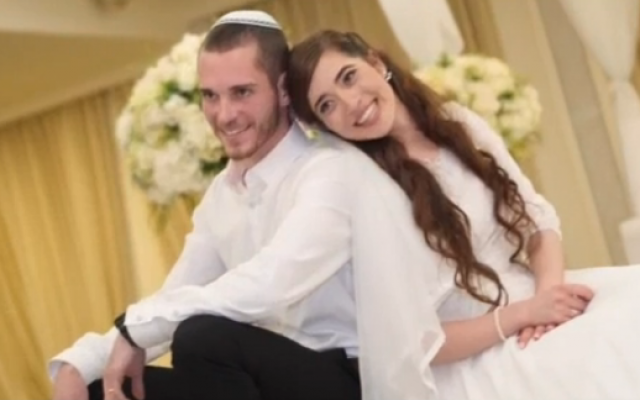
Soon afterwards, Shira – still in intensive care – was given the option of going to see the baby before his passing, which some psychologists thought was a bad idea while a senior doctor was strongly in favour. Silberstein was by her daughter’s side, supporting the decision to go.
Instructions were given to hospital staff, and dozens of security guards cleared a media-free path for her to be taken to the intensive care baby unit, where Shira held the baby and sang to him.
Silberstein remembers her grandson as “perfect”.
She said, “In the three days of the baby’s life, when I used to go to the intensive care unit and hold his hand, he was a magnificent and perfect baby. He was a viable baby, born at the weight that Shira was born. But we didn’t even get to know him. It was such a whirlwind of anxiety with Shira and we didn’t even have chance to get to know the baby.”
As Silberstein talks on her sofa, there are two distractions to our interview.
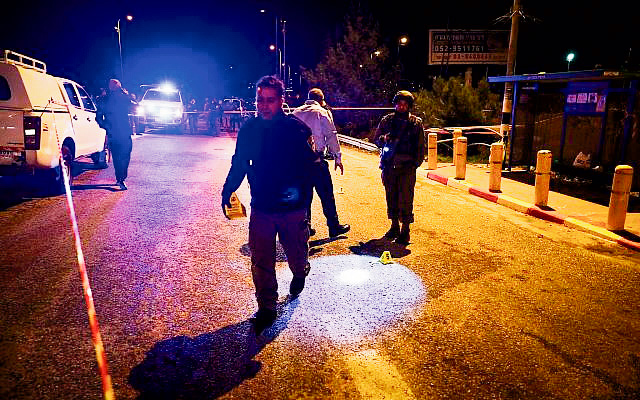
settlement of Ofra in the West Bank, on December 9, 2018. Photo: Ofer Meir/Flash90
One highlights the complicated geopolitical reality in which this family lives. The home is deep in the West Bank, in the Beit El settlement close to Ramallah, where frictions are high.
The attack that killed Amiad Yisrael was one of several that have happened nearby. Signs warn Israeli drivers upon approaching that if they take wrong turns they could face “danger”.
Reminding us how close settlers and Palestinians live, the call to prayer from a nearby Palestinian-controlled mosque is audible from the Silberstein salon.
The other distraction juxtaposes the pain that Silberstein discusses with the life-goes-on attitude that dominates the house. A string of three daughters comes down the stairs as we talk. Like normal teenagers, they take no interest in the adult conversation, only speaking to request money before cheerfully going to meet friends.
Today, Shira and Amichai are coping with the bereavement, but post-traumatic stress is still taking a major toll.
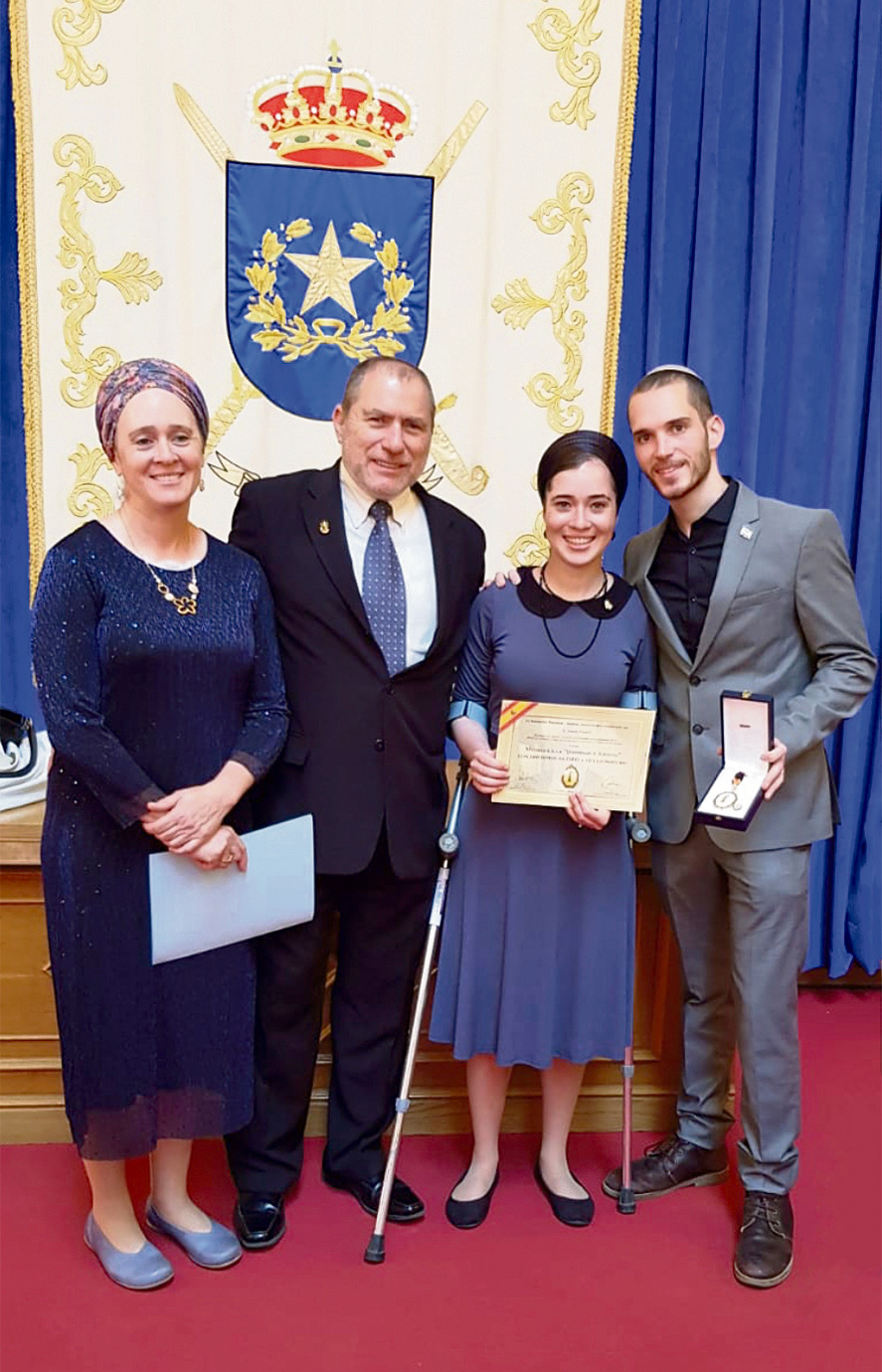
“Post-traumatic stress affects memory, power of concentration,” said Silberstein.
“They are both very bright and it’s very difficult for them to be in situations where they find it’s hard to focus academically, and are exhausted. They don’t recognise themselves.”
While Shira’s siblings are generally managing well, there are moments in this home when tears flow freely. Silberstein encourages everyone to express themselves and sent everyone – from the youngest child aged nine to her husband – to therapy.
She spoke about one Friday night when, just before the Shabbat meal, she burst out crying. The reason for her tears, she said, varies.
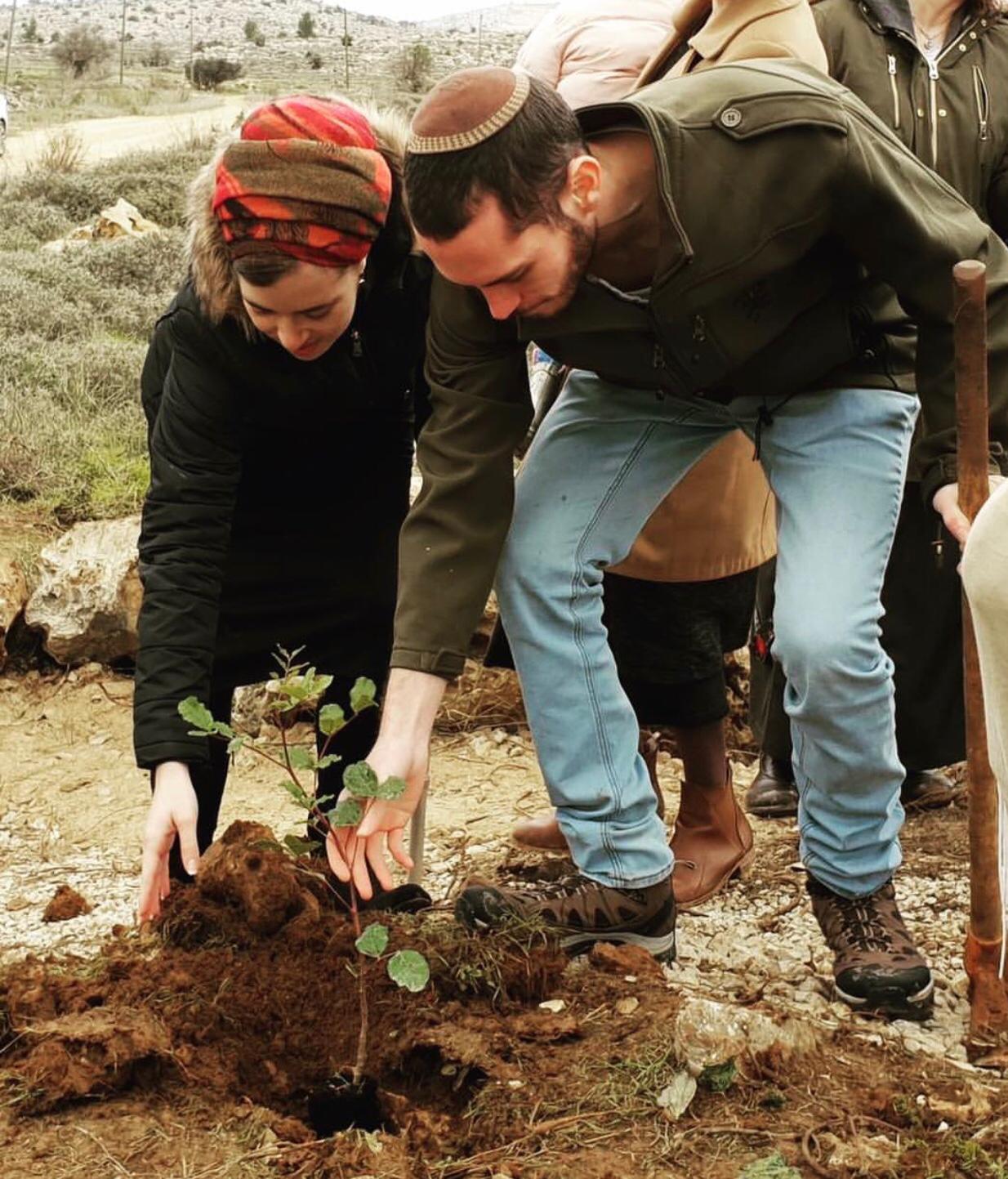
“Sometimes people see my crying and they assume I’m crying out of a sense of loss, but often it’s out of a sense of gratitude that my daughter is still with us.”
She elaborated: “We are so grateful that we got our daughter back. It was a question of two minutes – the doctor said if she had arrived at the hospital a couple of minutes later she wouldn’t have been around and if she had been a minute later she would have had brain damage.
“They didn’t think she would make it. It’s a miracle she is alive, a miracle she doesn’t have brain damage and that they didn’t need to take her leg off.”
The bullet went very close to her womb, but it didn’t hit there, and Shira hopes to become pregnant again.
Silberstein said: “We’re very positive people and I don’t see reason to dwell on the negative. To dwell on the gratitude is more constructive.”
One exception to Silberstein’s upbeat attitude concerns Australian authorities. She complained that while she and her parents made aliyah from Sydney, nobody from Canberra or the embassy in Tel Aviv made contact after the attack or since.
“We were disappointed that no Australian government representative contacted us,” she said. “Not an expression of sympathy or condemnation. We were astounded by their silence.”
Despite everything, Silberstein insists that one faces more danger from car accidents than terror, and did not even blink when her children asked if they could hitchhike from the very same West Bank spot where Shira was shot.
“I had absolutely no doubt in my mind. I said, ‘If you feel comfortable standing there I’m 100 per cent fine with it.’ Life goes on. We don’t give in to terror.”
She is convinced that the attack was “absolutely a case of divine providence – we don’t know why it happened to our daughter and son-in-law specifically, but it happened for a reason”.
Amichai and Shira share these ideas. Amichai asked his wife at one point: “If Elijah the Prophet came down and told you why, would it make a difference? Would it bring the baby back?”
Some Israelis embrace this stoical attitude, others find it alien, but regardless of their views, almost a year later many still have a place in their heart for the family. The story struck a chord overseas too, and in May, Shira and Amichai were flown to Spain and given an award at a ceremony to honour terror victims.
“When I meet people everyone knows the story,” said Silberstein, reporting that she is even stopped on the street and showered with gifts for Shira and Amichai.
“One guy ran out of a toy shop and said ‘Take these games to them,’ and a man ran out of a dried fruit shop and said ‘Take this for them to eat.'”

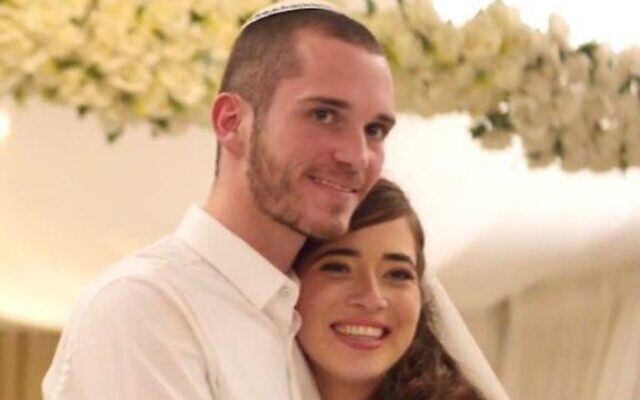
comments